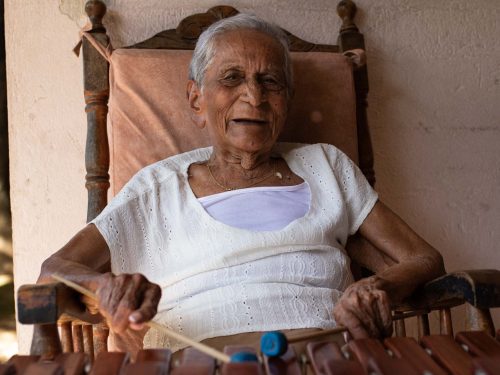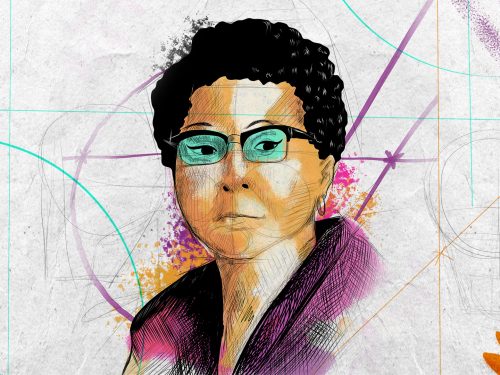
José María Guevara spent the week before his appointment as a legislator of the republic in meetings and interviews, on phone calls and with questions coming from every direction. Not typical, he said, compared to his normal daily life in the mountains of Belen de Carrillo.
It’s not that he’s indifferent to the fast-paced flow of politics. He’s a lawyer by profession, and between 2003 and 2007, he worked as mayor of his native canton, Carrillo. However, after distancing himself from that world and focusing entirely on managing his farm, the call from the Christian Social Unity Party (PUSC- Partido de Unidad Social Cristiano) caucus came with a surprising and bittersweet flavor.
Guevara took over the position after the sudden death of his colleague from the legislative faction, Rodolfo Peña, from Liberia, this year at the end of July. The party’s caucus reported Peña’s death due to complications from COVID-19 on July 23.
According to the party’s president, Randall Quiros, in 2018, his caucus announced five candidates to represent Guanacaste in the Legislative Assembly. These ensured the province’s prevalence in case the first option (Rodolfo Peña) resigned or faced some type of complication that prevented him from performing his duties.
The order proposed by PUSC in 2018 indicated that after the legislator’s death, Nicoyan Melina Ajoy should take over. However, Ajoy turned down the position since she is running for a legislative seat in the next elections. “I couldn’t do much in ten months,” she told The Voice of Guanacaste.
That’s how Guevara came to occupy the seat, which he will fill from August 2021 to April 2022. As the third legislative candidate, the Guanacastecan accepted the position after days of analysis to “serve the homeland,” as he put it.
The 63-year-old businessman made room in his new agenda to talk with The Voice of Guanacaste about his plans to work in the legislature and the route he wants to take when representing the province.
This is a summary of the conversation, adapted to improve reading:
How do you feel about taking over the legislative seat for Guanacaste in the PUSC fraction?
This has somehow come as a surprise to everyone. Although, of course, I certainly feel prepared. I’ve been working with my group of advisers on the issues of the Assembly and it is time to assume this position to serve the homeland.
What are the main issues that you will address in these ten months as a legislator?
I need to carefully analyze the agenda that I have in the coming weeks. The main thing, I think, is to continue with the issues that Legislator Peña was following up on, projects that are of great importance for the country, but also for the province of Guanacaste.
We’re going to learn about the projects that the legislator had in depth and give priority to those that can be followed up on, that are feasible, in this short time that I am going to be in the assembly”.
Do you think it’s possible to achieve something in the Assembly in just ten months of work?
I think so, totally, if I follow the line that [Rodolfo] Peña already had. Maybe I’m not going to be able to bring in new projects, that’s so, but I think a lot can be achieved.
What kind of agenda would you have in your plans?
Well, I accept this position to represent people like me, ranchers, farmers. For example, it seems to me that the reform of the Organic Law of the National Banking System would help the province. It would help not only the agriculture and livestock industry, but farmers, Guanacaste fishermen. This reform makes it easier for small business owners to access loans to improve their business models and it was one of Rodolfo’s main projects. I believe that the approval of this reform would be feasible and would help Guanacaste a lot.
Would you like to focus on other issues?
Yes, my second priority would be water. Without water, production can’t happen, and as a businessman, I have seen these consequences of the lack of water. I want to get into this with great force, if in this period I can develop something or support a project that gives priority to water in the province, especially during the dry season.







Comments